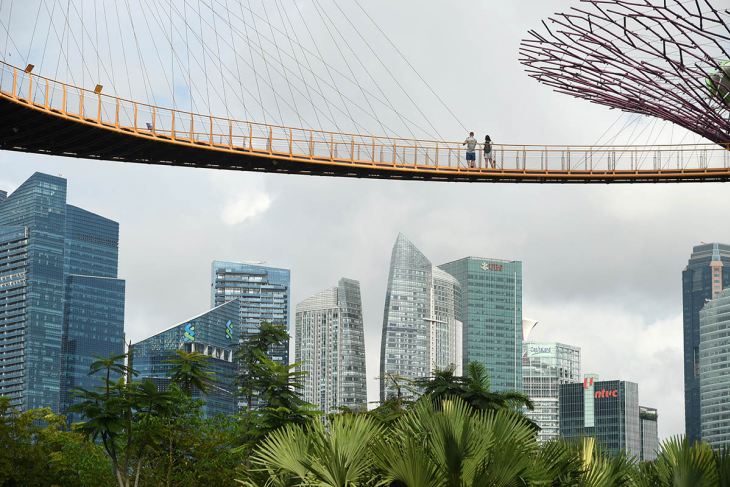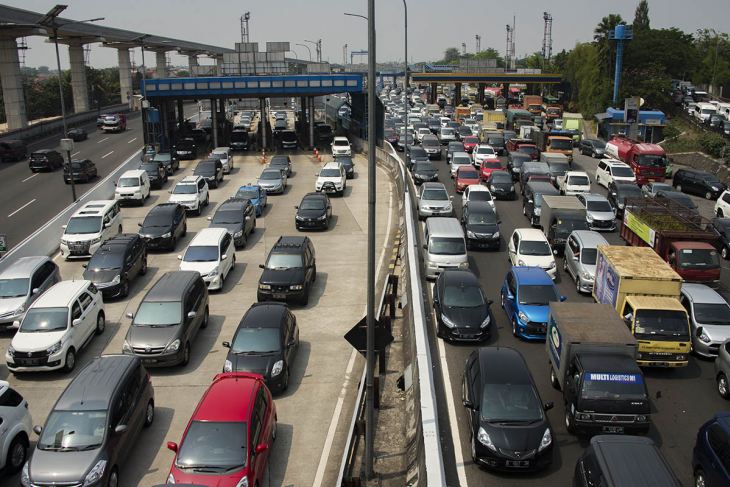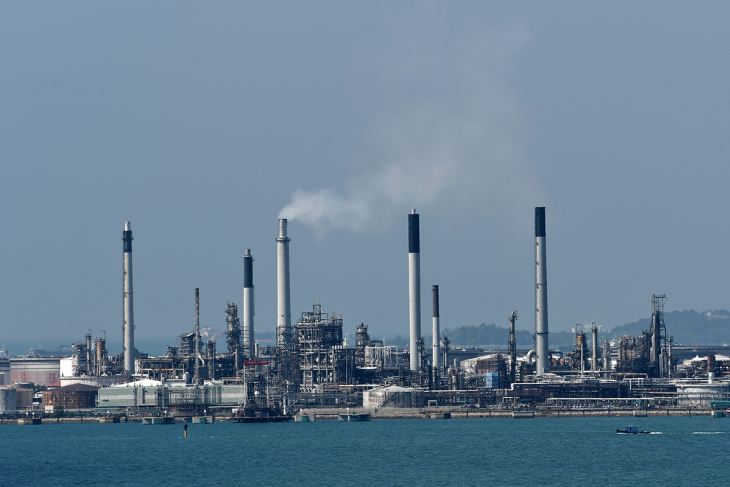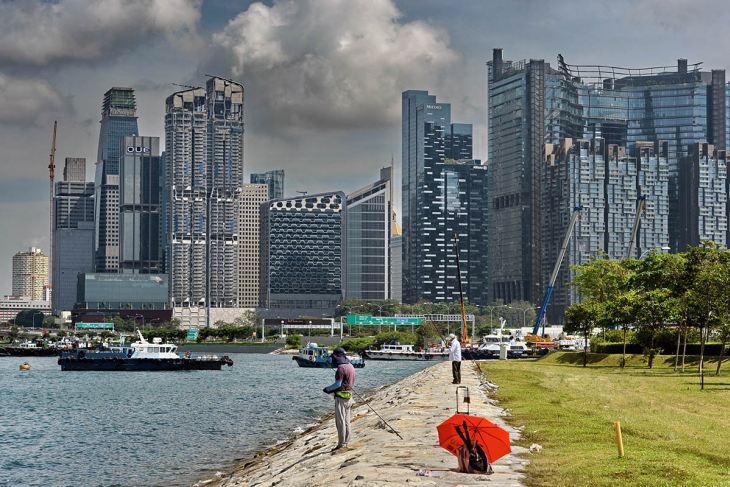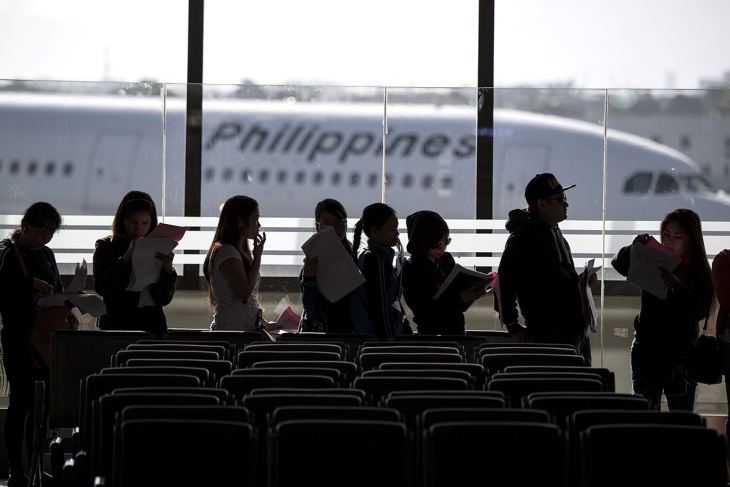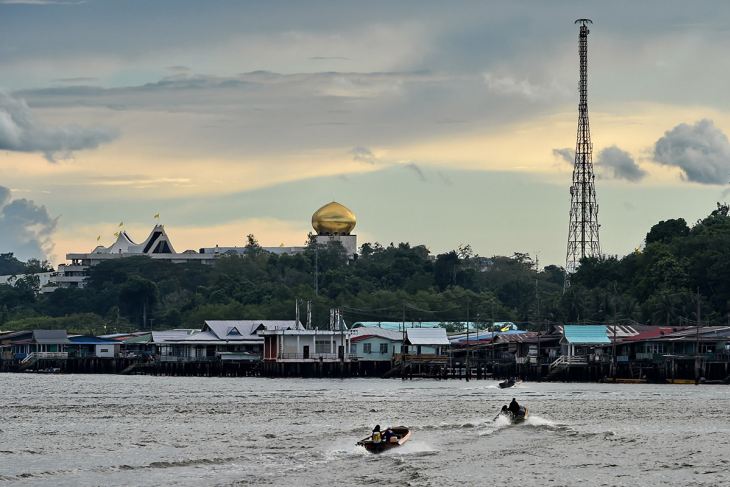Meeting ASEAN’s green finance appetite
Member states of the Association of Southeast Asian Nations (ASEAN) are now, more than ever, exposed to the risks of climate change and environmental degradation. More nations have now answered the clarion call of the Paris Agreement and are including investments for projects that help protect the environment under their respective national agendas.ASEAN cannot afford to be left behind.
